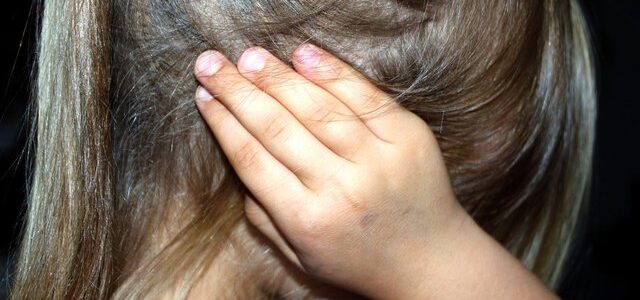
Every fifth child in Ukraine has reported losing a close relative or friend since the start of Russia’s full-scale aggression three years ago, according to a survey published by UNICEF on Friday.
“For all these years, death and destruction have been a daily routine for every child in Ukraine. This level of violence causes enormous suffering for children and deprives them of a true childhood,” said UNICEF Executive Director Katharine Russell.
It is noted that the third year of the full-scale war in Ukraine has become even more deadly for children compared to 2023: the number of child casualties has increased by 50%. In total, more than 2,520 children have been killed or injured since February 2022. It is noted that the true number of victims is likely to be much higher, as these are only figures confirmed by the UN.
It is officially recorded that more than 1,600 educational institutions and almost 790 healthcare facilities have been damaged or destroyed over the past three years, UNICEF added.
“The war has caused irreparable losses to children and adolescents, affecting their development and well-being at key stages of their lives,” the Fund states.
He reminds that the experience of the first three years determines the health and learning of children throughout their lives, and in Ukraine, children born three years ago do not even know what peaceful life is. Parents report feeling physically and emotionally exhausted, which affects the lives of the entire family. The war has also made it harder for young children and their parents to access critical services.
“Adolescence is a particularly difficult period for children in Ukraine. Almost a third of adolescents reported feeling sad and hopeless, which prevent them from doing their usual activities. These feelings are much more prevalent among girls,” the publication says.
UNICEF points out that children’s mental health problems are exacerbated by forced seclusion. Many children spend hours in shelters, losing opportunities for socializing and learning. Almost 40% of children study only online or combine face-to-face and remote classes. The impact of the war on learning is very serious: the average level of educational loss is two years in reading and one year in math, according to the Foundation.
UNICEF reminds that it is working with partners across Ukraine to provide children in frontline areas with vital support, including access to health services, safe water, cash assistance, education and protection. In addition, the Foundation works with the government and partners to lay the foundation for Ukraine’s recovery and long-term development, and to promote social cohesion by strengthening systems that support children and their families. This includes strengthening child social protection, health and education systems so that they can provide children with timely and quality support, care and opportunity services.
It is also noted that there are currently 6.86 million Ukrainian refugees registered in the world, almost 1 million of whom live in Poland. For refugee children, access to schooling remains a challenge, as half of school-age children in refugee-hosting countries are not enrolled in local educational institutions, which affects their ability to learn and communicate with their peers, as well as develop basic skills critical to Ukraine’s recovery.
“All children without exception must be protected from the effects of war in accordance with international humanitarian and human rights law. What children in Ukraine need most of all is sustainable peace and the chance to realize their full potential,” Russell emphasized.